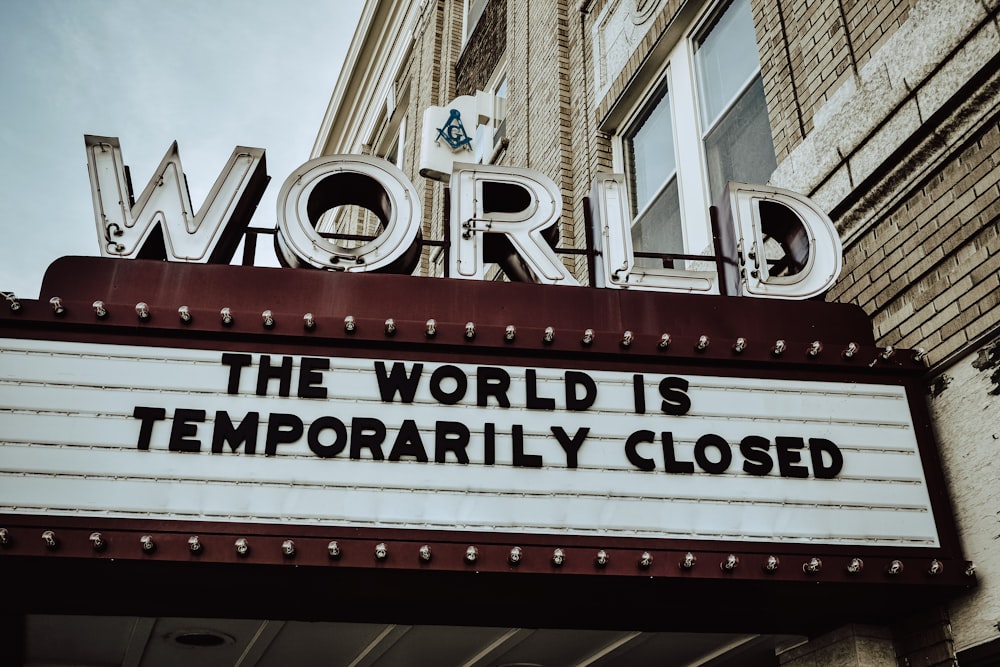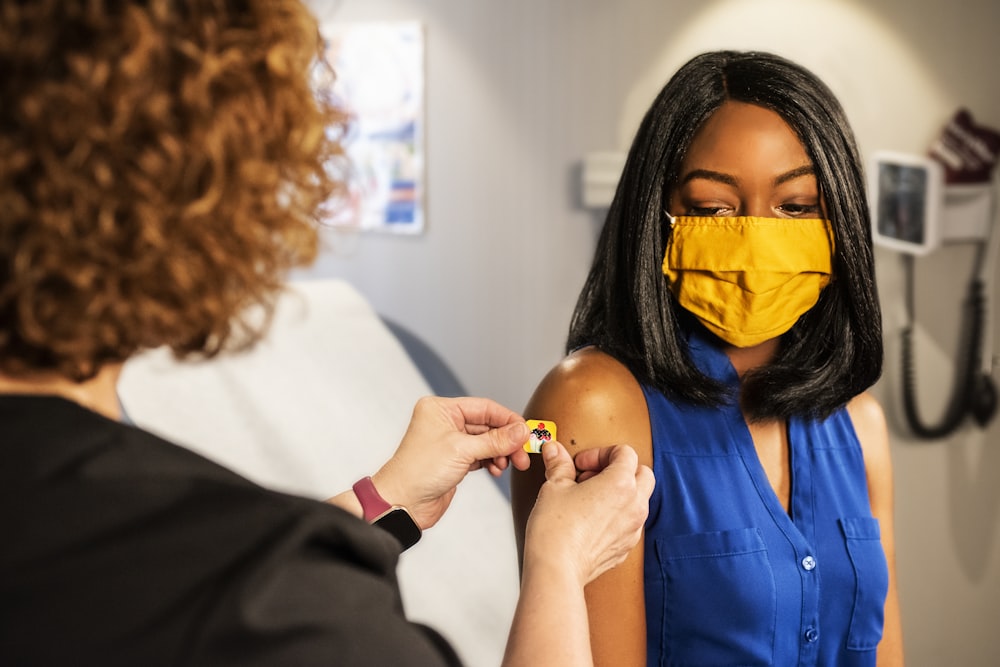From what I hear from our Missoula counselors, the pandemic feels like it is winding down. Or at least it is entering a low plateau on our roller-coaster of emotional responses.
We’ve seen the real highs of concern as waves spiked and we’ve felt the joyous elation as numbers went quickly down and vaccines became available. Previous lulls, when numbers were low enough for us to ignore regular checks of statistics were wonderful but brief.
This time it feels different. I say that knowing the ironic fact that we’re heading into cold and flu season, full steam ahead. But I also know that millions of Americans have been vaccinated and kept up with boosters and those who haven’t have come down with COVID, perhaps two or three times. In that mix there are the rare “no-vax, no-illness” unicorns as well as a few folks who have been careful, got the shots, wore the masks, and still managed to get sick with COVID more than once.
The pandemic has made us all amateur epidemiologists and amateur public health authorities. We’ve had to juggle the reasoning behind competing views. These came from politicians, economists, actual health authorities, and folks in the media trying to make sense of it for themselves.
Thoughts on care
Sandra Laugier, a professor of philosophy at University Paris 1 Pantheon Sorbonne, invited us last spring to reflect on the moral lessons that have arisen from COVID.
At the start, she notes that “care” has been a word thrown around wildly during the pandemic. “Care work” became a new catch-phrase. It stood in for the many jobs that had hitherto been invisible, the difficult work of maintaining the lives and dignity of the millions of people around the world who cannot fully “care” for themselves.
As a parent, I think first of childcare workers. An already-intense and poorly paid job was strained to the breaking point for millions of people who were in charge of our youngest citizens. At our daughter’s first daycare, which began in spring 2021, new employees came and went so fast that my wife and I joked about our (very real) struggle to remember their names. Luckily, somehow the new place she is at is able to pay a bit more and perhaps ensure improved conditions, meaning that the team that we met on day one is still all there.
But we can also think of elder-care, remembering the early days of the pandemic when nursing homes were so badly hit. How horrible it must have been to suddenly feel as if you are in a war-zone, the once gentle pace of clients passing away becoming a sudden torrent. Families and friends were locked out, many elders would grow sick and die without the comfort of those closest to them being able to be near them.
And the care work of all of the nurses and doctors who have been at the front line of the pandemic since the start.
The gendered core of care
Laugier’s second point is that “care” professions have been historically female. This means that the greatest weight of the pandemic has been on women’s shoulders. Given that care jobs have historically been lower-paid than similar jobs that are more male-dominated, the question arises about how much we care, as a society, for the people who are for us and our loved ones.
How much did we protect these workers, prioritizing them for personal protective equipment (PPE) as the first wave(s) hit? Should we have given more? Should we have prioritized funds to improve their pay and work environments at the expense of, say, entertainment and sports teams and venues who reached out for government support?
The answers to these and related questions reflect our own stance of care.
We are all vulnerable
According to Laugier, one key result of the pandemic was that it made clear how vulnerable we all are. As a middle-class white male, this is one of those points that was readily apparent. Luckily, I am in decent health, had access to vaccines and the opportunity to avoid crowds. Nonetheless, the odds of death in the early days of the pandemic were made public for each age group and there I was, right in the middle in that 40–50-year-old age range, safer than my elders but more precarious than those younger than me.
And then I had my then-infant daughter to worry about. And while this illness seems to have largely spared the young, one could think of others that could be more devastating. None of us are immune, to borrow the epidemiological term.
Restating the ethics of care
Laugier invites us to reflect on what an ethics of care could provide for us in this moment. Collectively, our society lives with far too little care. We are distracted by myriad things, large and small. Those of us who think along philosophical/ethical lines might call up the ideal of autonomy, in which we are able to think and act for ourselves.
However, Laugier suggests that the pandemic makes such notions fanciful. We see so clearly that none of us can think or act for ourselves in such a precarious society. Or we see, at least, that such conditions are fleeting.
Instead, Laugier implores us to consider an ethics of care. We can even universalize the ethical maxim as “we should care for all other people in our society.” Bringing this to the forefront of our thinking, we almost certainly must turn our attention to the caregivers in our society and away from current decision-makers (politicians, economists, bankers, etc). In doing so, we might tilt the balance of power in the direction of care. Is this a project worth undertaking? I think so.
 Justin Whitaker, Ph.D., holds a doctorate in Buddhist ethics from the University of London. He has given lectures, and taught Buddhist studies and Philosophy at Oxford University, the University of Hong Kong, the University of Montana, and at Antioch University’s intensive study-abroad program in India. A certified meditation teacher, he is a regular contributor to Patheos.com, and Senior Correspondent for Buddhistdoor Global. Justin is the official blog writer for Sunflower Counseling MT in Missoula, Butte, Kalispell, Billings, and surrounding areas. He lives in Missoula with his family.
Justin Whitaker, Ph.D., holds a doctorate in Buddhist ethics from the University of London. He has given lectures, and taught Buddhist studies and Philosophy at Oxford University, the University of Hong Kong, the University of Montana, and at Antioch University’s intensive study-abroad program in India. A certified meditation teacher, he is a regular contributor to Patheos.com, and Senior Correspondent for Buddhistdoor Global. Justin is the official blog writer for Sunflower Counseling MT in Missoula, Butte, Kalispell, Billings, and surrounding areas. He lives in Missoula with his family.



